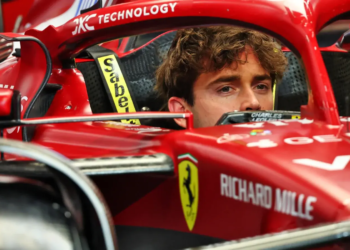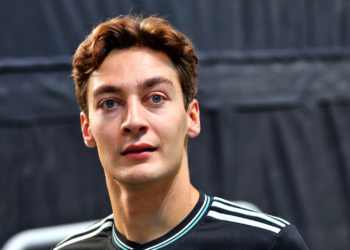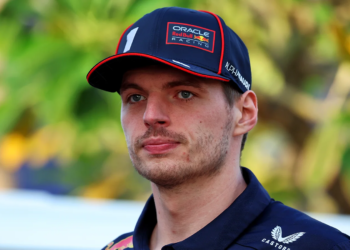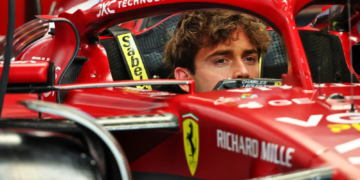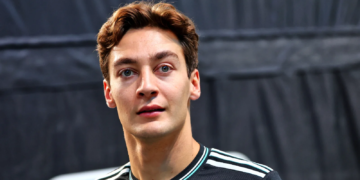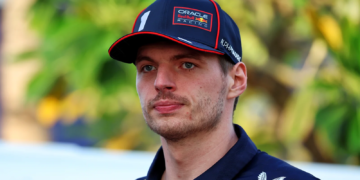Formula 1 had only nine positive cases of Covid-19 out of 44,101 tests carried out across the first half of the revised 2020 season.
Formula 1’s planned season-opener in Australia in March was cancelled when a McLaren team member tested positive for Covid-19, with the campaign then plunged into doubt as the pandemic deepened.
Amid the subsequent uncertainty Formula 1 and the FIA drew up a revised calendar and set of rules for those travelling to events.
It included steps to reduce the risk of Covid-19 and also to limit the spread in the event of a positive case.
Drivers and teams have largely remained in bubbles, and sub-bubbles, while access to the paddock is severely restricted, with fewer personnel in attendance.
Around a dozen television crews have been present but must remain in certain areas, stand in designated zones on the grid prior to the race, and be based out of a revised compound at the circuit.
The limited number of print journalists present are consigned to the media centre, where desks have been spaced further apart, with all press conferences virtual, while photographers are either trackside or embedded within teams.
At a handful of events, depending on government stipulations, personnel have had to remain inside hotels when not at the circuit, and use private travel at all times. This was most prominent for UK-based crews in Hungary and is set to be repeated at the upcoming round in Russia, which will be the first 2020 event to take place outside of Western Europe.
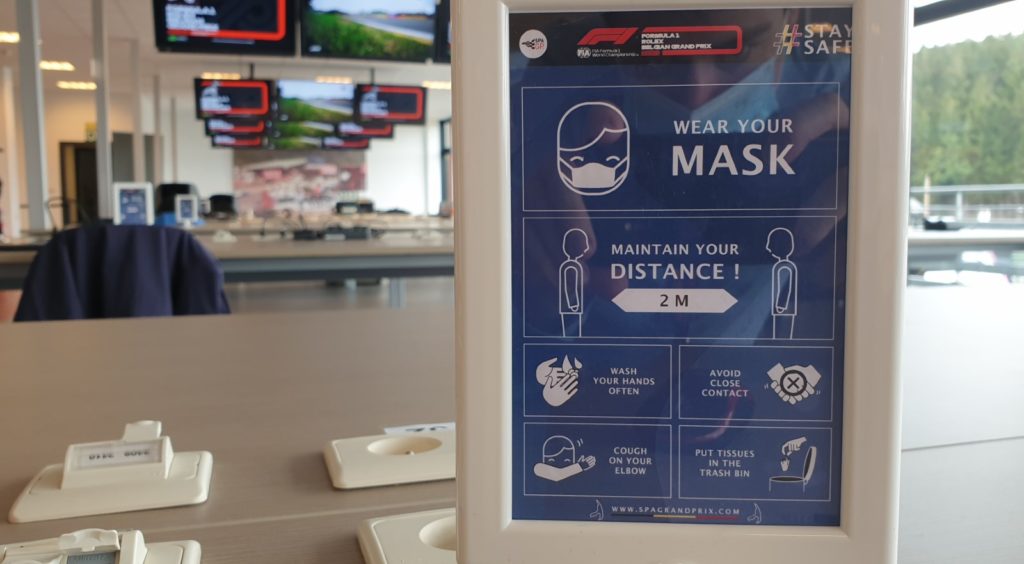
Some Formula 1 organisations have chartered flights though at more recent rounds there has been a relaxation and a return to commercial means.
Motorhomes were not taken to the opening six events, where containers were used to house drivers, though the large complexes returned in Belgium, albeit with some teams – such as Mercedes and Red Bull – bringing their smaller structures. It allowed teams to use their own hospitality units (albeit without guests) and catering departments for their crews after it was outsourced at the first six rounds at a greater expense.
Social distancing has been adopted where possible, hand gel has been widely available, while access routes into, through and out of buildings and venues have been altered to ensure different groups can avoid crossing paths. Every person must undergo a temperature check upon entry to the venue each day.
Masks must be worn throughout the paddock though for journalists they may be removed when sat at desks. Everyone attending grands prix has also signed the Covid-19 Code of Conduct while a multi-page document containing advice and guidelines is emailed to everyone prior to each event.
Attendees classified as Profile 1 must carry out a test for Covid-19 every five days, with the results returned the following day, and must also provide a negative test within 96 hours prior to the start of the event. Up until this point private company Eurofins has carried out Covid-19 tests on behalf of the championship, with multiple locations at each venue, including individual booths for every team through the opening rounds. A scannable QR code ensures the database is kept updated.

After an 11-week spell, in which nine races have taken place across seven locations in six European countries, 44,101 tests have been carried out, with nine positive cases.
The data has been released by Formula 1 every seven days since the opening round of the season in Austria.
The identities of those who have returned positive results are kept private though Racing Point driver Sergio Perez contracted the virus prior to the two Silverstone races.
Perez self-isolated and missed the two rounds, as did those in his close circle, who all returned negative results and were cleared to return.
He was replaced by Nico Hulkenberg for both of those events.
If someone returns an inconclusive test – as happened to Formula 2 racer Daniel Ticktum in Belgium – they are isolated and only cleared once they return a negative test.
Spectators were not permitted access to the opening eight events but a limited number of fans, around 3,000, were present at Mugello.
Moving forwards the presence of spectators will be decided on a case-by-case basis depending on the wishes of the promotor and stipulations of the government.
Organisers of events in Russia, Portugal and Turkey are set to welcome large crowds though officials in Abu Dhabi have already confirmed its season finale, on December 13, will be run behind closed doors.
Similar protocols regarding Covid-19 testing and access to venues for personnel are set to remain in place through the second half of the 2020 season.





